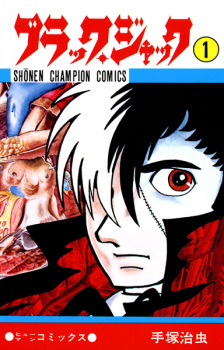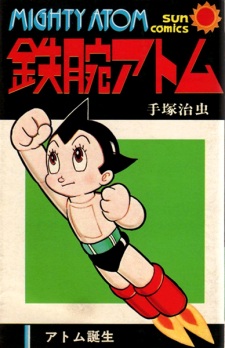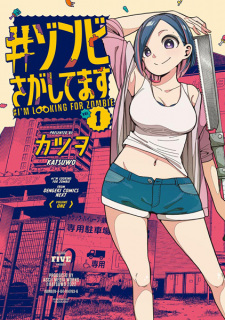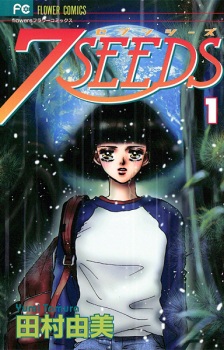Feb 10, 2023
Number 7 is one of the more interesting work of Tezuka's, filled with many of the themes later found throughout the sci-fi genre of manga. You have numbered squads of special soldiers, space battles engaged across battleships (with the ever present space pirates), isekai otherworld time travel, alien-mutant post-humanism and technological themes that seem incredibly ahead of their time. Although Mitsutera Yokoyama was serializing side-by-side with this manga, hitting on many of the same elements in Shonen Rocket Corps, arguably many of these themes are built upon Tezuka's earlier works Lostworld, Metropolis, and Nextworld but this is the first time those themes begin to be
...
put together in a cohesive whole. While Astro Boy tends to focus on Superhero-like robotically driven storylines about emotion, Number 7 operates more like an adventure across a variety of settings, something we see later in the works of Leiji Matsumoto, Go Nagai, and Shotaro Ishinomori. While many may point to the previously mentioned Lostworld Trilogy or Astro Boy as being those authors inspirations it's undeniable each of those works lack the particular cohesive themes present in Number 7, and Number 7 acts like much more of a blueprint for what becomes Yamato, Cyborg 009, Kamen Rider, and Mazinger. While Yokoyama cites the Lostworld Trilogy as his inspiration, Tezuka was actually worried about Number 7 influencing Yokoyama's style. The grotesque like design of many of the creatures tends to border on something akin to Alien, however being written in 1961 it's clear that the major inspirations for a work like this stem more directly from Buck Rodgers/Flash Gordon archetype than anything inherently Japanese. However, those monster inspirations are no doubt something Go Nagai is fond of, many of his own works fitting the same monsters x space-time adventure. Space-Time being more like Space+Time, as both of them are often found in his works, something originally pulled from Number 7. As a result, i would absolutely recommend this to anyone seriously interested in understanding the early development of manga as there is no doubt this offers a critical look into early shonen.
Reviewer’s Rating: 7
What did you think of this review?
Nice
 0
0
Love it
 0
0
Funny
 0
0
Confusing
 0
0
Well-written
 0
0
Creative
 0
0Show all


.png)




















